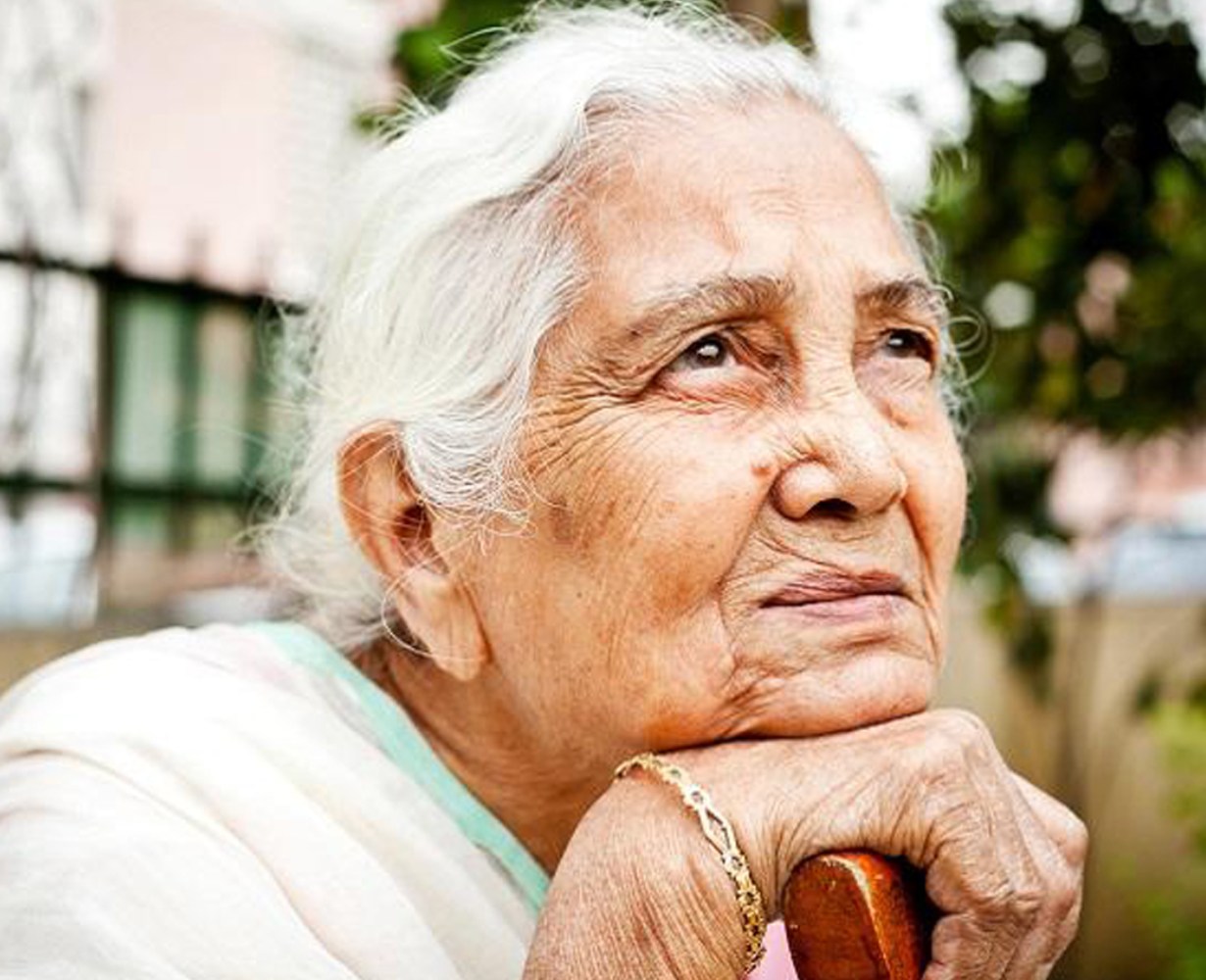
Welcome to Question of the Day #372
EyeTools Question of the Day #372
I work in a community eye care practice. I see a lot of older people (70 years and above). I’m not sure whether to advise them to have an examination every year or every two years. What’s your advice?
As people get older they are more likely to develop eye problems associated with age such as cataracts, age-related macular degeneration, and glaucoma.
Sometimes, cataracts and age-related macular degeneration develop very slowly in both eyes. The deterioration in visual acuity is often slow so even when both eyes are affected by the disease some people don’t notice a deterioration.
Not noticing a deterioration in vision sometimes means that the person doesn’t arrange an eye examination or doesn’t keep an appointment for an eye examination or doesn’t mention a vision problem to those people who are caring for them.
Sometimes the eye disease only affects one eye. The person can still see well with the eye not affected by the disease so doesn’t arrange an eye examination or doesn’t keep an appointment for an eye examination or doesn’t mention a vision problem to those people who are caring for them.
Similarly for glaucoma. This is a ‘silent’ disease. Eye pressure may increase slowly over a long period of time and not cause any symptoms or signs until irreversible retinal damage has occurred.
I recently examined an 80-year-old patient who had not had his eyes examined for 10 years. He had no symptoms or signs. He had 6/19 in his right eye and no useful vision in his left eye because of bilateral asymmetric cataracts.
His eye pressures were 30 and 23. He told me he did not realise he could not see out of his left eye because he did not cover over his right eye in his everyday life.
My advice is to let your older patients know about the possibility of slow and ‘silent’ eye diseases and a gradual deterioration in vision and the importance of regular eye examinations.
You can put this information into your marketing material and mention it to patients who have older parents.
I advise all older patients to have an eye examination every year and sometimes every six months if I am concerned about the possibility of rapid changes in vision or refractive error.I cannot rely on patients being prompted to have an examination by noticing a deterioration in their vision.



1.jpg)



.jpg)
.jpg)



_(Instagram_Post).jpg)
.jpg)
_(1080_x_1080_px).jpg)


with_UP_Cabinet_Minister_Sh_Nand_Gopal_Gupta_at_OpticsFair_demonstrating_Refraction.jpg)
with_UP_Cabinet_Minister_Sh_Nand_Gopal_Gupta_at_OpticsFair_demonstrating_Refraction_(1).jpg)

.jpg)








.jpg)



.png)




